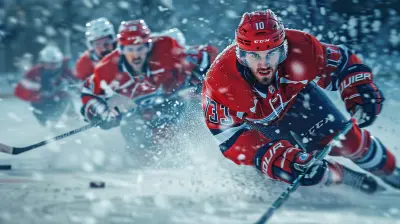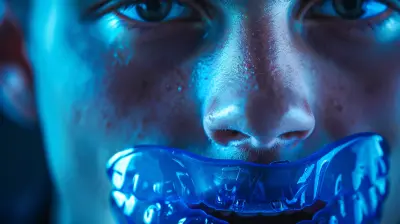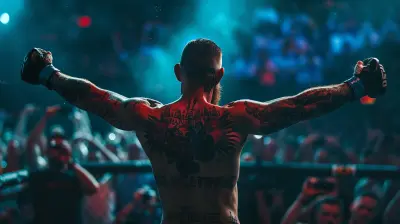The Growing Importance of Mental Health in Professional Leagues
20 July 2025
Let’s face it—when we think of professional athletes, terms like strength, stamina, focus, and skill instantly pop into our heads. These players are heroes to millions, admired for their physical feats and game-winning moments. But there's another side of the game that's finally stepping into the spotlight, and it's long overdue—mental health.
Yup, we’re finally talking about it out loud. In locker rooms, on social media, and in sports media coverage, mental health is no longer a taboo subject. It’s real, it matters, and it affects even the biggest stars. So, grab your jersey and settle in—we’re diving into why mental health is becoming a cornerstone of professional sports.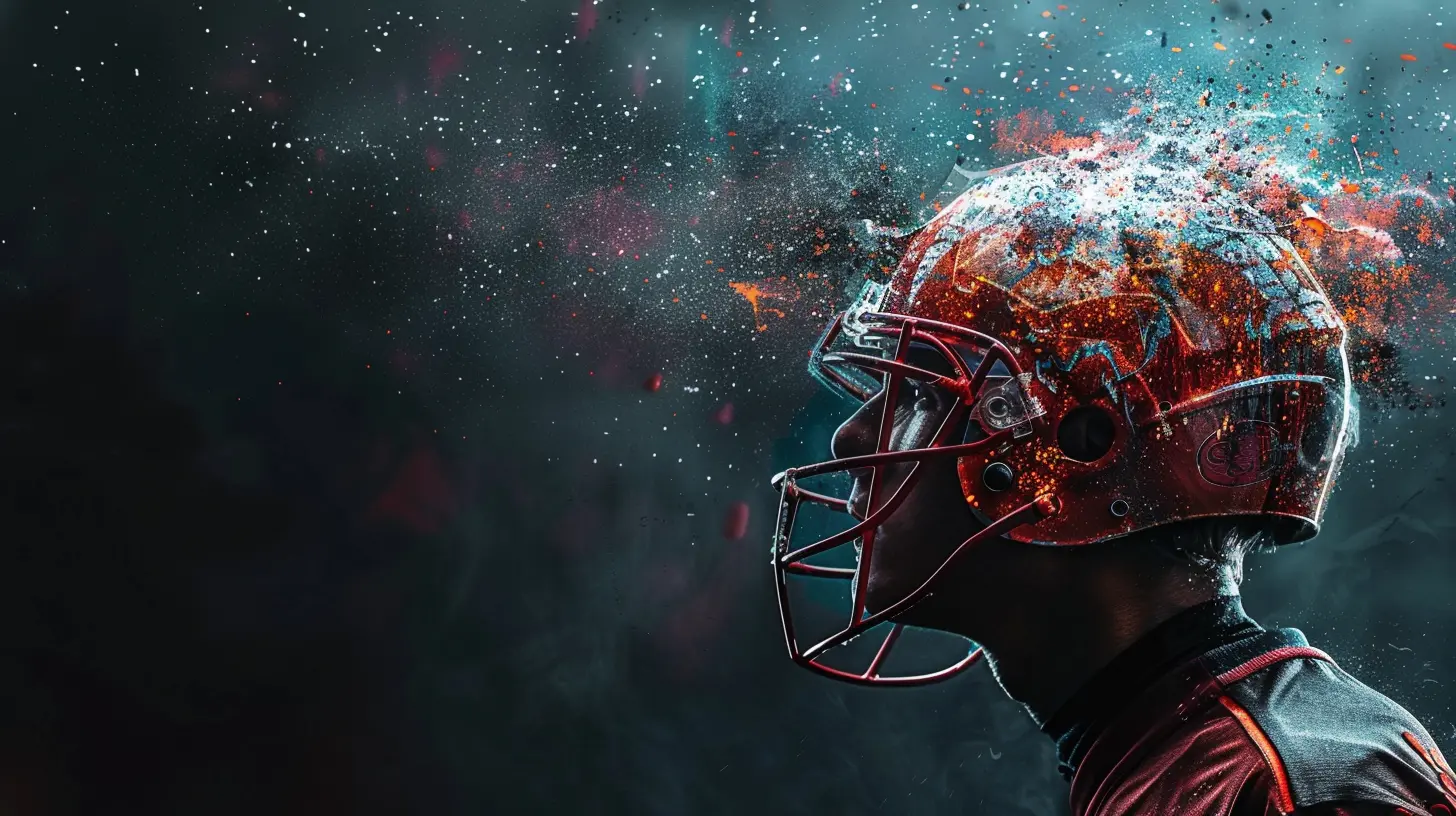
The Silent Battle Behind The Game
You see a player lace up their sneakers. The crowd roars. The lights shine. But what you don't see is the anxiety before a free throw, the sleepless night after a loss, or the crushing pressure of expectations that can weigh as heavy as any barbell.For years, professional athletes were expected to be machines—training relentlessly, playing through pain, and brushing off emotional turmoil like it was nothing. But guess what? They’re human. Just like you and me.
Mental health in sports was largely ignored because talking about it was seen as a weakness. In a world that celebrates toughness, being vulnerable felt like the opposite of what an athlete should be. But now, that mindset is changing—fast.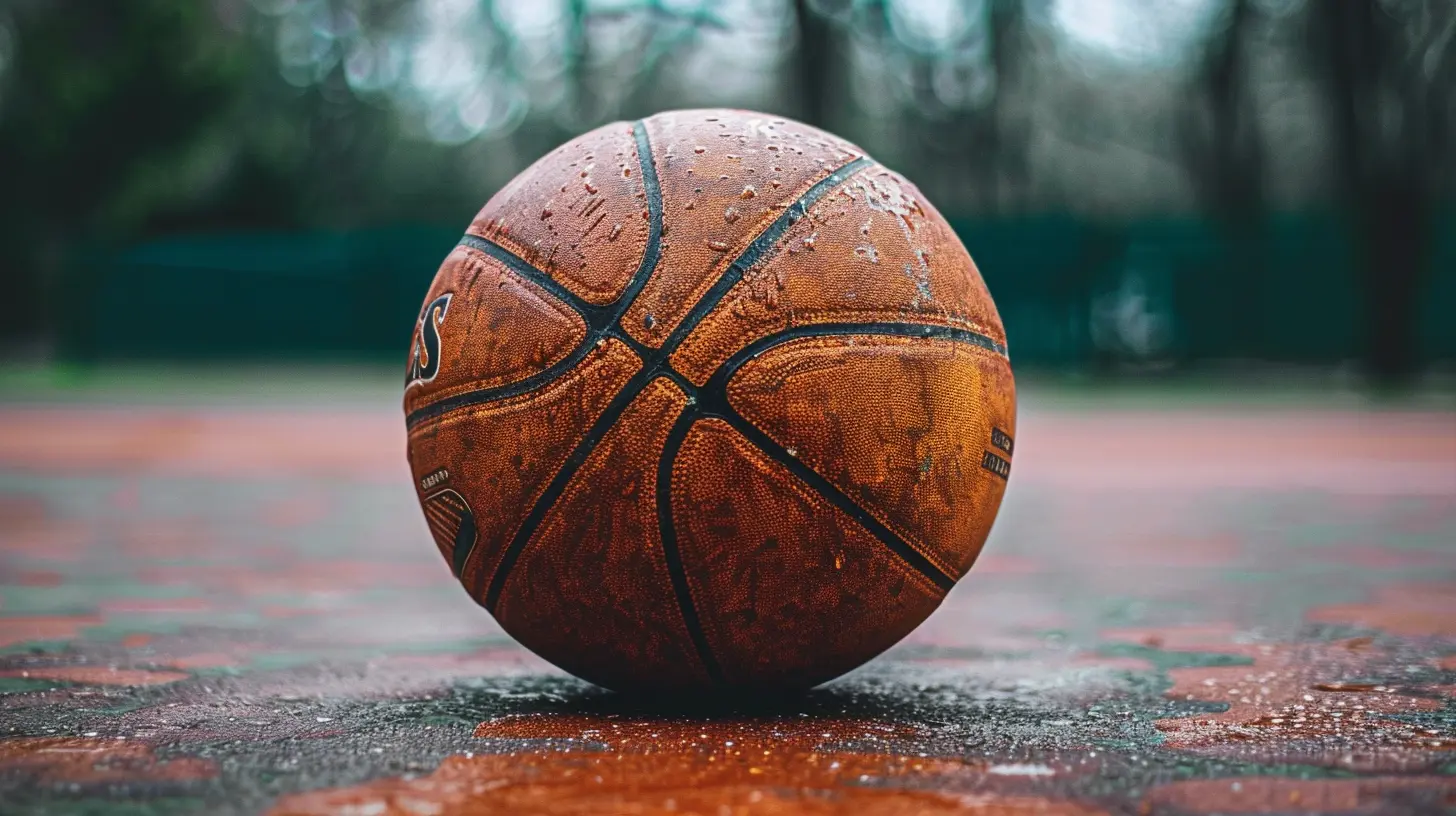
From Silence to Spotlight: A Shift in Perspective
We owe a lot to some courageous athletes who decided enough was enough. When stars like Naomi Osaka, Simone Biles, Kevin Love, and DeMar DeRozan opened up about their struggles with anxiety, depression, and burnout, it changed the game. Literally.These weren’t just players—they were champions at the top of their field. If they could be affected, then surely others were suffering in silence too.
And what happened after they spoke out? Instead of judgment, they received an overwhelming wave of support—from fans, fellow athletes, and even league officials. That moment marked the beginning of a transformative journey for mental wellness in professional sports.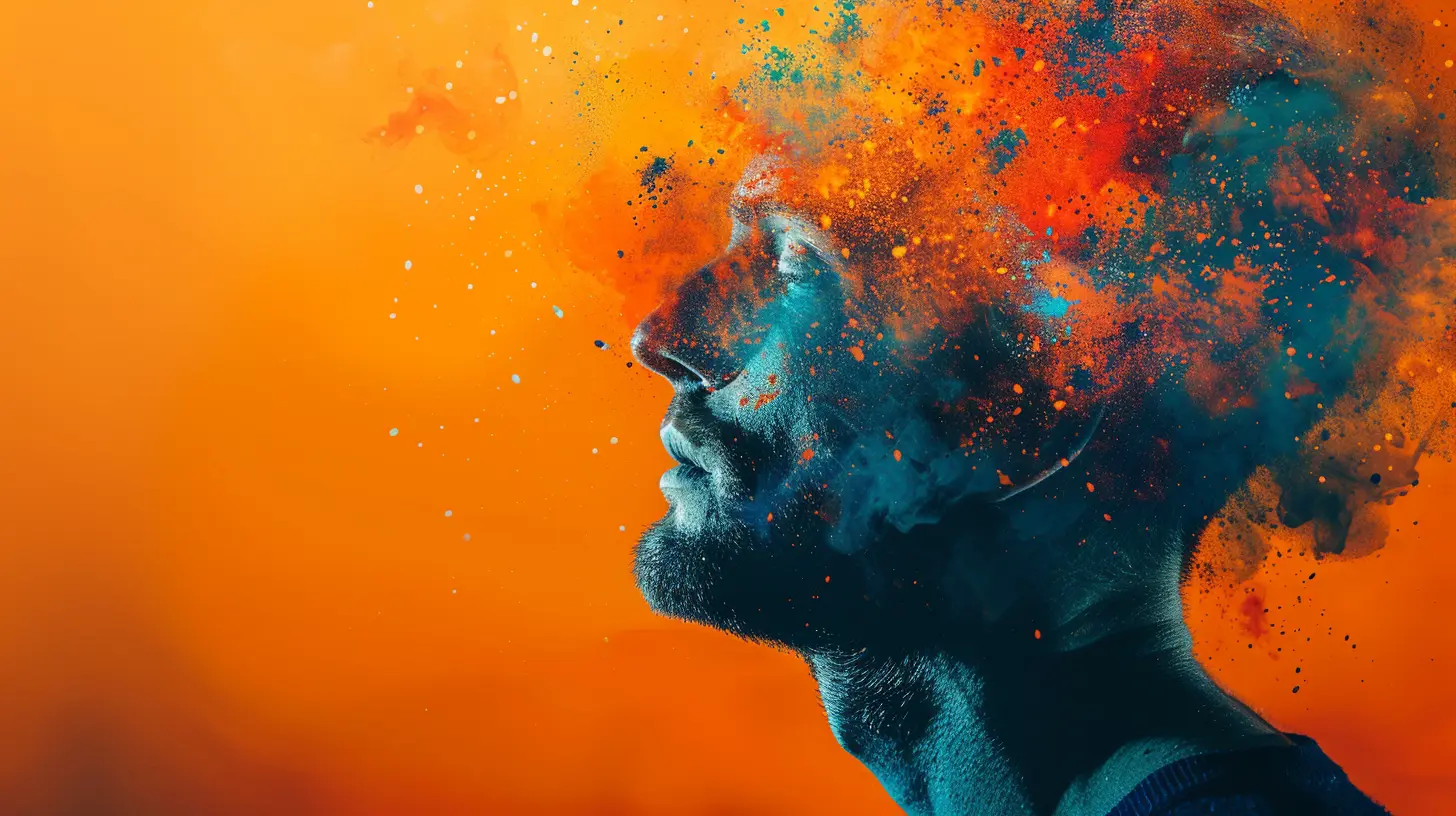
Why Mental Health is No Longer Optional
Let’s talk facts. Just like a pulled hamstring can bench an athlete, so can a panic attack. Just like practicing for a game improves performance, therapy and mental wellness routines can boost confidence, focus, and teamwork.More and more, sports franchises are recognizing that mental health isn’t just a “nice-to-have”—it's essential. Teams are hiring sports psychologists, implementing mental wellness programs, and encouraging players to seek support without fear of punishment or sidelining.
And it’s not only good for the players—it’s great for the bottom line. Healthy athletes perform better, stay in the game longer, and are more resilient under pressure.
Think of it this way: a player's mind is the engine behind every decision they make on the field. If that engine is running rough, the whole machine suffers.
Pressures Unique to Professional Athletes
Sure, everyone experiences stress—but imagine this:- Your every move gets analyzed by millions.
- A single mistake can go viral in seconds.
- You're expected to win, always.
- You have to train non-stop, travel constantly, and live up to the hype—no matter what.
Players often navigate fame, finances, and family issues all while living under a microscope. Social media has only amplified this, making it impossible to disconnect or take a breather without scrutiny.
These athletes aren’t just juggling balls—they're juggling expectations, reputations, and the weight of entire franchises.
Burnout: The Athlete’s Invisible Injury
Burnout doesn’t show up on an X-ray. There’s no compression sleeve for it. But it can end a career just as quickly as a torn ligament.Athletes often push themselves to the brink for the love of the game, for their fans, and for success. But when motivation turns into exhaustion, joy turns into dread, and passion turns into pressure—you’ve got a problem.
Mental fatigue can lead to poor performance, risky decisions, and even physical injuries. Addressing burnout isn’t a luxury. It's a necessity.
The Rise of Mental Health Support in Leagues
Let’s give credit where it's due—many leagues are stepping up.🏀 NBA: Leading the Charge
The NBA has been one of the front-runners in the mental wellness movement. Players have access to mental health professionals, and the league openly supports mental health awareness campaigns. The NBA also amended rules to protect players seeking psychological help.⚽ Premier League & FIFA
Soccer is catching on too. FIFA introduced mental health toolkits, while the English Premier League encourages clubs to provide psychological support. Players' mental wellness is now part of the medical conversations at many top-tier clubs.🏈 NFL: Making Space for the Mind
For a sport known for its physicality, the NFL is also making strides. The league now requires every team to have a mental health clinician on staff, and educational programs around mental health have become more common.🎾 Tennis, Gymnastics, and the Olympics
Individual sports, once considered isolating, are evolving too. Organizations like the ITF and Olympic committees now offer mental wellness initiatives and therapy resources.This switch signals something powerful: mental health is part of player care, just like conditioning and nutrition.
Athletes Breaking the Stigma
Let’s get personal. Athletes are now using their platforms to share their stories, and that’s huge. When someone like Simone Biles steps down from a competition—not due to physical injury, but to protect her mental well-being—it sends a message louder than any medal could.It says, “It’s okay to not be okay.” And man, that resonates.
Social media has played a big role. Athletes now talk directly with fans, share behind-the-scenes struggles, and promote mental health advocacy. They’re not just role models for skill—they're role models for self-awareness and strength in vulnerability.
What Teams and Coaches Are Doing Differently
The old-school “tough it out” coaching style is on its way out. More coaches now understand that yelling louder doesn’t fix internal battles.Here's how things are changing:
- Open Dialogue: Teams encourage players to speak openly about emotions.
- On-Site Support: Mental health professionals travel with teams during the season.
- Training for Coaches: Staff now receive training in emotional intelligence and mental health first aid.
- Integrated Programs: Mental training is being treated as part of the daily routine, not a separate or shameful task.
This holistic view of athletes is creating a culture of care and trust—a win-win for everyone involved.
The Role of Fans in Supporting Mental Wellness
Hey, that includes us.As fans, we hold a lot of power. Our words, whether in the stands or online, impact the mental health of the athletes we cheer for. A little empathy goes a long way.
Instead of bashing a player for missing a shot, how about remembering they’re human? Instead of slamming them for stepping away, let’s honor their courage to do what’s best.
Sports are about unity. Let’s not forget that unity includes understanding and support. We can be part of the solution just by being a little kinder and a lot more compassionate.
Youth Sports Are Watching—and Learning
One of the most beautiful things about this mental health shift? Kids are watching.When young athletes see their idols taking care of their emotional well-being, it sends a powerful message. It tells them that their feelings matter, that taking a mental break is healthy, and that resilience includes rest.
This could change the future of sports entirely. We’re raising a generation that values balance, authenticity, and whole-person health—not just trophies.
What’s Next?
We’re just getting started. The conversation around mental health in professional leagues has come a long way, but there’s more work to do.Here’s what we hope to see in the future:
- Standardized Mental Health Protocols across all teams and leagues.
- Better Insurance and Support for mental health treatment.
- Post-Career Counseling for athletes transitioning to life after sports.
- Continued Public Dialogue to keep the conversation alive and stigma-free.
This isn’t just a trend. It’s a movement—a meaningful shift in the sports landscape that’s saving lives and reshaping what it means to be strong.
Final Thoughts: The Real MVP
At the end of the day, muscles don’t win games—minds do. And when we take care of the minds behind the magic, the whole team wins.By prioritizing mental health, professional leagues are redefining what excellence really looks like. They’re showing us that strength comes not just from lifting weights, but from lifting each other up. And that’s the kind of sport the world needs now more than ever.
So next time you see your favorite athlete step onto the field, the court, or the mat, remember: the biggest battles might not be the ones you can see—and the bravest wins don’t always come with a scoreboard.
all images in this post were generated using AI tools
Category:
Sports LeaguesAuthor:

Preston Wilkins
Discussion
rate this article
1 comments
Zethryn Elliott
Absolutely! It's heartwarming to see professional leagues prioritizing mental health. This shift not only supports athletes but also sets a positive example for fans everywhere. Go teams! 🎉
August 9, 2025 at 4:38 AM

Preston Wilkins
Thank you! I'm glad you share this perspective—it's crucial for both athletes and fans. Together, we can promote a positive mental health culture in sports!
